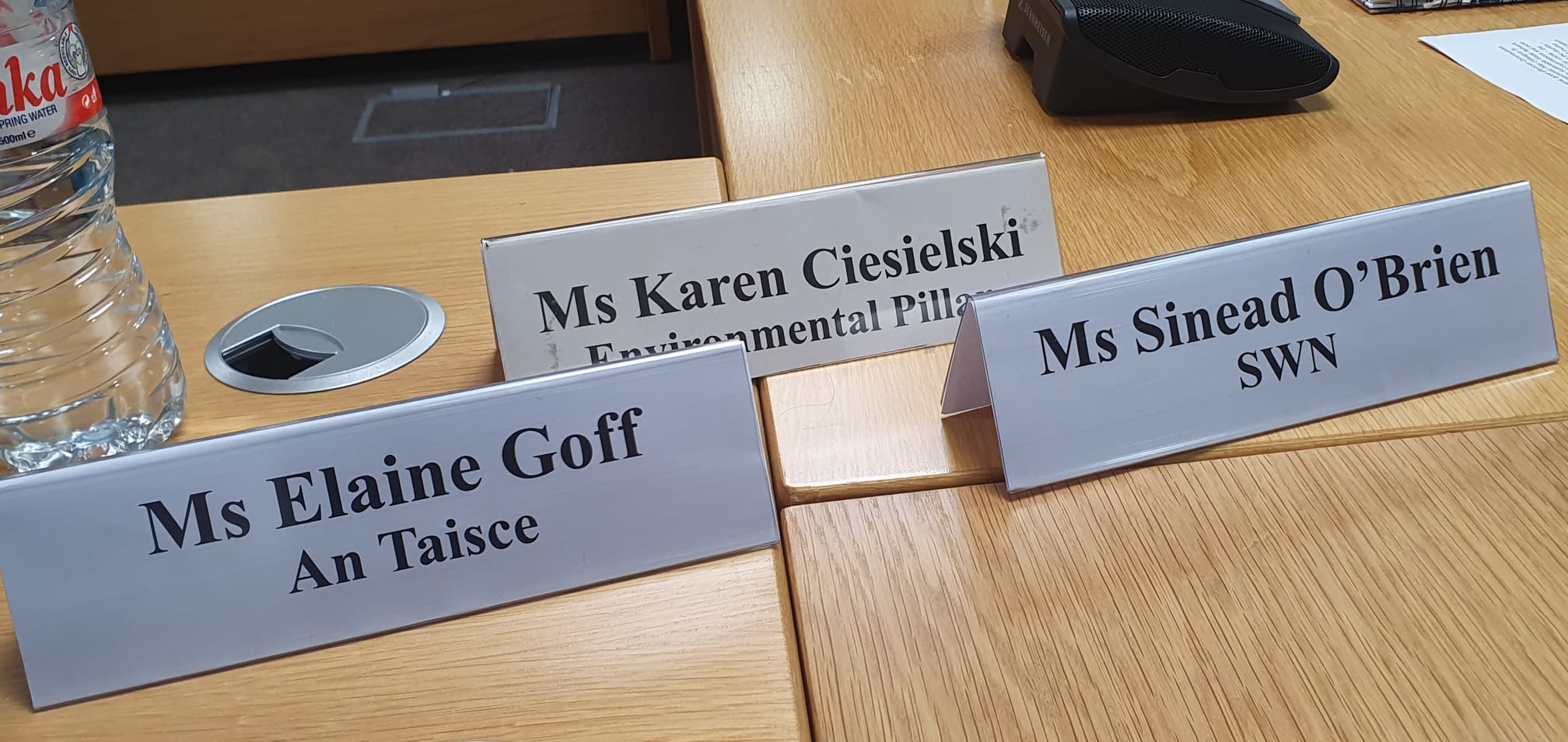The Sustainable Water Network (SWAN) and the Environmental Pillar at a meeting with Commissioner Virginijus Sinkevičius today urged him to stick with the decision to reduce Ireland’s derogation limit to 220 kg nitrogen per hectare.
“We impressed upon Commissioner Sinkevičius that we have reached a critical point in tackling water quality in Ireland,” said An Taisce’s Dr Elaine McGoff, who is a SWAN vice-chair and Steering Committee member of the Environmental Pillar.
“The derogation in its current form allows for a higher stocking rate than that which is normally allowed under the Nitrates Directive.The excess nitrogen from intensive, heavily stocked farms is already polluting our water, and the derogation allows for yet further intensification, and more nitrogen loading on already polluted catchments.It adds further fuel to the fire, and it’s having a detrimental effect on water quality and wildlife in Ireland. We are therefore urging the Commissioner to stick to his decision to reduce the derogation limit to 220 kg/ha on 1 January 2024 in certain areas, because the latest water quality results have not shown sufficient improvement. Any delay in implementing this reduction will just further exacerbate the water pollution issues we’re facing.
“We made it clear to the Commissioner that the majority of Irish citizens are supportive of the Commission’s work to tackle the negative water, air, climate and biodiversity impacts associated with the ongoing intensification of the dairy industry. These issues need to be addressed in a holistic way that respects Irish citizens’ right to a healthy environment but also ensures a just transition for farmers. What farmers require now is honesty and clarity from decision makers and farming leaders.
“It is now up to the Irish Government to put in place a well-formulated plan, based on the full picture of Ireland’s water quality provided by the comprehensive catchment data produced by the Environmental Protection Agency, to assist and support farmers in managing their holdings under the new derogation limits.”

